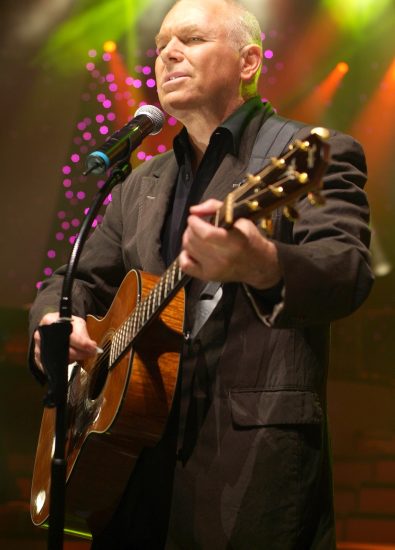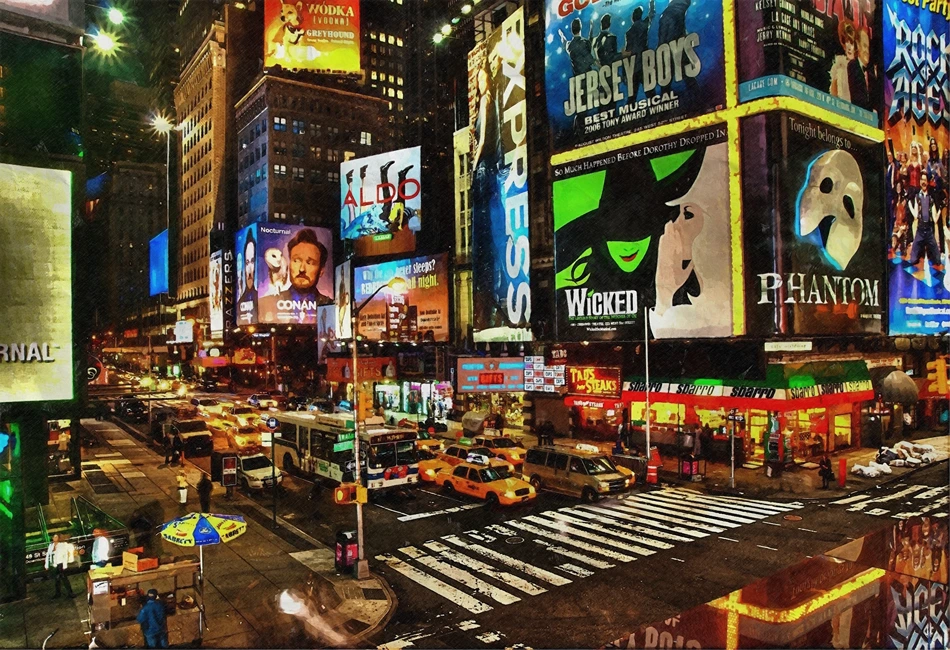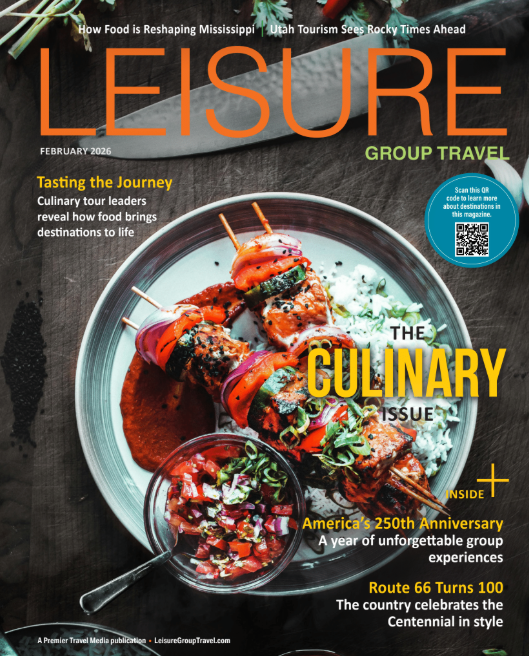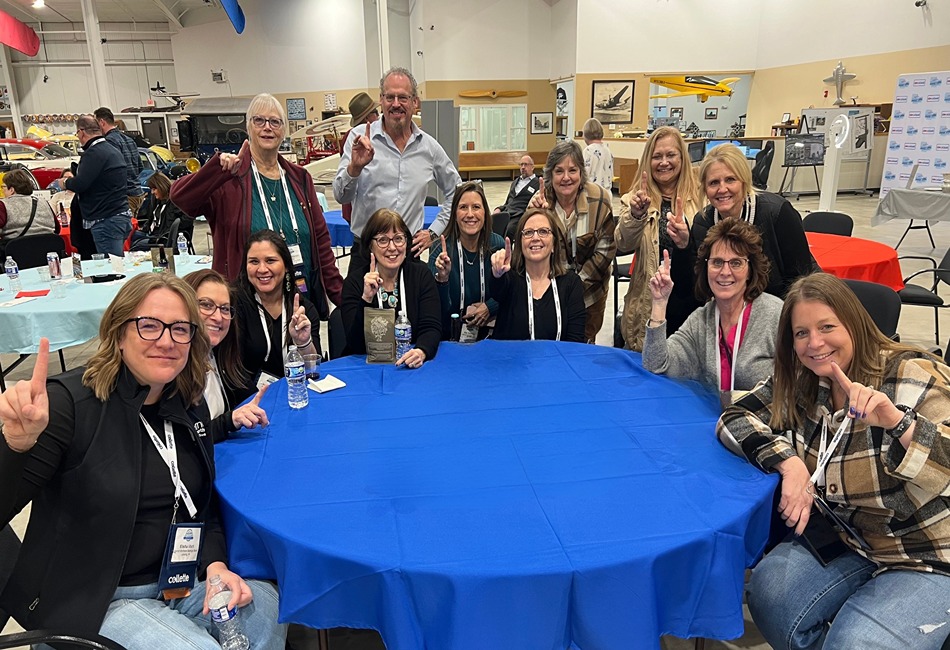An Interview on the Live Theater Industry with Calvin Gilmore, Country music singer and recording artist

How did you first get involved in the live theater industry?
I grew up in the Ozarks of southern Missouri on a third-generation farm—about as Norman Rockwell as it gets. Music was always a part of my life, but I didn’t pursue it seriously until my early twenties, when I was working in the Hallmark mailroom by day and singing in restaurants and bars around Kansas City at night. Eventually, a Nashville label showed interest, but I needed capital to record a demo, so I got into real estate to fund it. That turned into a surprising success, but after a few years—and with a growing family—I realized I still wasn’t doing what I was meant to do.
Hitting the road wasn’t an option for me, so I came up with the idea of building my own theater where I could perform and stay rooted in one place. It took a lot of faith and a few big risks, but in 1986, we opened The Carolina Opry in a converted nightclub in Myrtle Beach. I never imagined then that it would help launch an entire entertainment industry on the Grand Strand or that we’d still be going strong nearly 40 years later.
For more travel ideas, you can Download the Magazine and Subscribe to Leisure Group Travel for FREE
What’s been your proudest professional achievement to date?
I’ve had the honor of recording the material I love with some of the best producers and musicians in Nashville and making numerous appearances on the Grand Ole Opry stage—both lifelong dreams come true. But my proudest achievement has to be building The Carolina Opry from the ground up. What started as a small show in a renovated nightclub has grown into a nationally recognized theater that’s entertained millions. After all these years, we’re still creating something people want to come back to, year after year. That kind of longevity and connection with audiences is something I’m truly proud of.
What makes live theater such a powerful and enduring form of entertainment?
Live theater has a soul to it—an energy you can’t replicate on a screen. It’s that real-time connection between the performers and the audience. Every night is different, and the shared experience of music, laughter, and storytelling creates something lasting. It moves people. And in a world that’s increasingly digital, I think people crave that human connection more than ever.
What are the biggest challenges facing live theater today?
Audience attention is more divided than ever. Between streaming platforms, social media, and short-form content, it’s easy to lose people’s time and focus. Also, the cost of producing high-quality shows continues to rise while audiences often expect more for less. We’ve always held ourselves to a high production standard and maintaining that while staying accessible to families and tourists is a constant balancing act.
What changes have you seen in group sales and tourism-driven attendance in recent years?
Group travel has become more fragmented. Years ago, we had motorcoaches filling the lots nightly; now, group bookings take many different shapes, with many being smaller, independent planners. On the tourism side, today’s travelers are looking for unique, authentic experiences, not just passive entertainment. That’s pushed us to continually innovate—whether it’s adding new music, fresh acts, or specialty shows to keep things exciting for both first-timers and long-time fans.
What do you think regional theaters or smaller productions can learn from Broadway’s model—or vice versa?
Broadway is brilliant at branding and building anticipation around shows—it’s a masterclass in marketing. Regional theaters can learn from that. At the same time, Broadway could take a page from regional theaters when it comes to personal connection and customer service. There’s an intimacy in smaller productions that fosters loyalty over decades. At The Carolina Opry, we’ve had patrons return for 40 years—we know their names, their kids, even their grandkids. That kind of connection is powerful. We’re also known for going the extra mile to make sure our guests are happy. That level of care and attention is part of what makes the experience so special—and it’s something Broadway productions often overlook.
What advice would you give to destinations or travel planners who want to incorporate more live theater into their itineraries?
Focus on quality. Don’t just check the box with the cheapest ticket you can find—your customers will notice the difference. Give them a high-quality experience they’ll remember and talk about long after the trip is over. Partner closely with the theaters—many of us are happy to tailor the experience and even recommend dining or hotel partners to help weave the show seamlessly into your itinerary.
Live theater is one of the most powerful ways to connect people—families, friend groups, even strangers. It creates shared memories, sparks conversation, and adds heart to the travel experience. It shouldn’t be optional—it should be on every itinerary.
For more travel ideas, you can Download the Magazine and Subscribe to Leisure Group Travel for FREE






